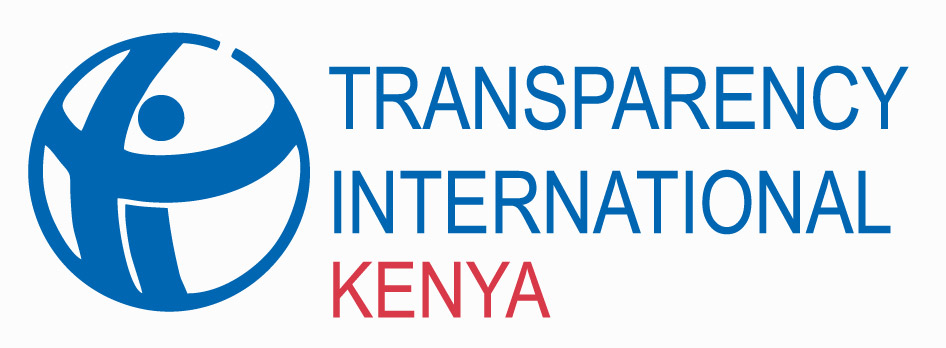In 2010, Kenya heralded a new era of governance with the promulgation of the Constitution, which introduced a devolved system of governance. The promise was clear, devolution would empower county governments to generate their revenue, allowing them to govern efficiently and deliver services effectively. Thirteen years later, however, this dream remains largely unrealized, leaving Kenyans yearning for the true fruits of devolution.
An analysis of County governments’ performance on matters Public Finance Management reveals that nearly all the 47 County Governments are yet to realize their full potential. Additionally, where revenues have been generated, it has been susceptible to wastages, pilferage and mismanagement due to lack of proper accountability mechanisms and weak enforcement of existing laws.
One of the Key ingredients for the successful realization of devolution is the timely availability of resources for the delivery of services at the County Level. Reports from the Controller of Budget have continuously revealed that county government have been underperforming on matters own source revenue generation and collection. For instance, during the past 4 Financial years, 2018/19-2021/22, the percentage of own source revenue generated by county governments against the annual targets have been on a steady decrease from 74.8% to 65.2%, 64.2% and 59.4% respectively.
A recent study by the Commission on Revenue Allocation with support from the World Bank on Comprehensive Own Source Revenue (OSR) potential and Tax Gap indicated that the total annual revenue potential for County Governments is approximately Kshs 93 Billion. Currently, the annual average collection stands at Kshs 38 Billion. The unrealized amount of Kshs 55 Billion could go a long way into actualizing the objects of devolution as enshrined under Article 174 of the Constitution of Kenya 2010.
Whereas a huge chunk of the County Government revenues emanates from the equitable share, the over-reliance on this source poses major risks as it has not been devoid of challenges. Controversies around delayed disbursements, public debt, national interest, corruption and failure to meet revenue targets by The Kenya Revenue Authority at the national level which in turn affects the size of the equitable share to counties are indicators that county governments need to step up if the fruits of devolution are to be fully realized.
The untapped potential of County Governments needs to be harnessed through collaborative efforts of citizens as watchdogs, the private sector, state and non-state actors.
As we celebrate the 13th anniversary of the Constitution 2010, it is imperative that we protect the gains and address the challenges of devolution. Strengthening the capacity of county governments to generate their revenue, plugging loopholes that contribute to financial leakages, and implementing stronger accountability
mechanisms are essential steps toward efficient public resource utilization. The dream of devolution in Kenya was meant to bring government closer to the people and improve their lives. Thirteen years on, it’s time to reinvigorate our commitment to this vision and ensure that every Kenyan reaps the benefits of true empowerment through devolution. It’s not just a constitutional requirement; it’s a promise we owe to the people of Kenya.
Elizabeth Duya, Regional Coordinator, Transparency International Kenya

